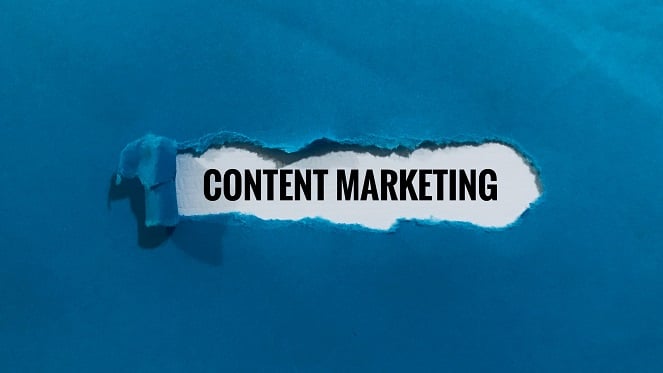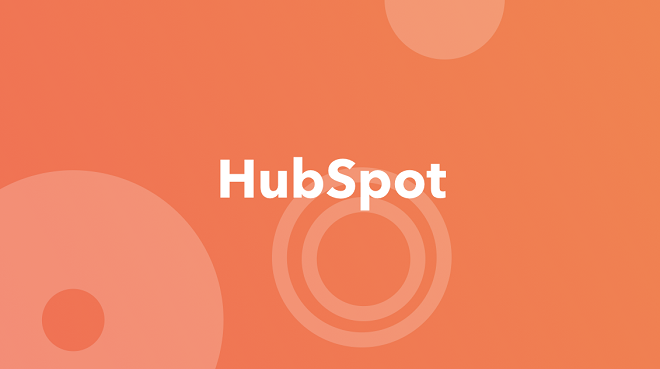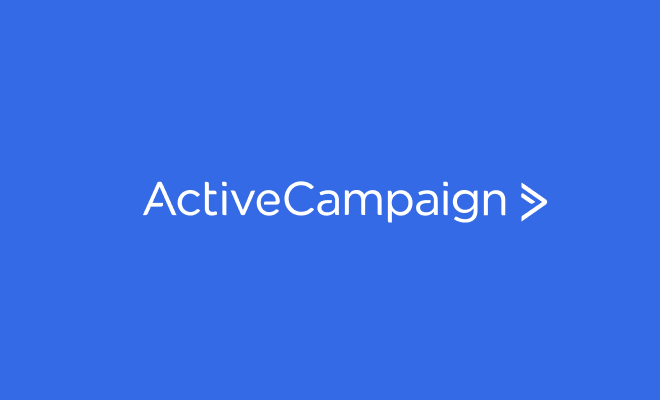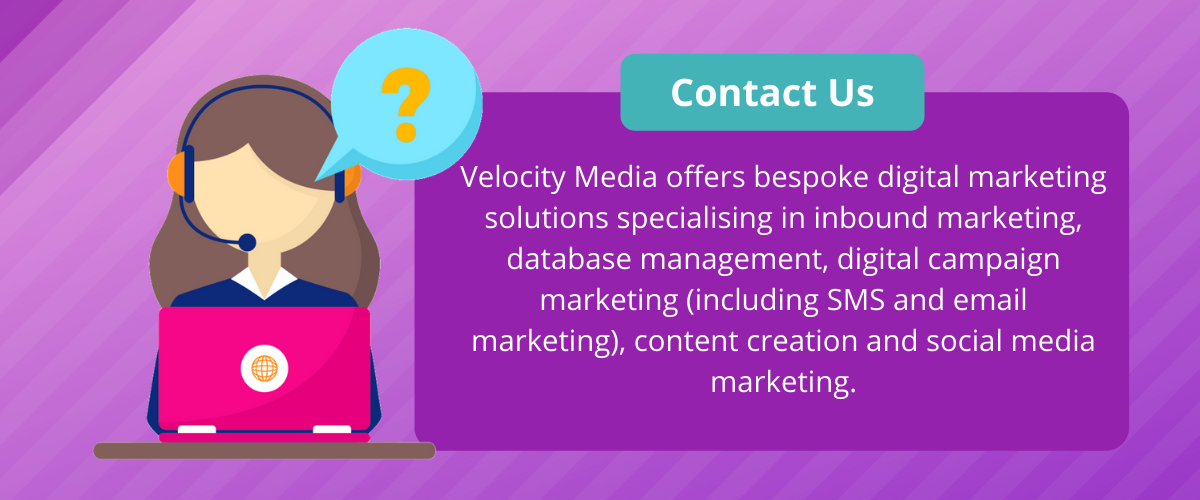Services List
Consumers and businesses alike are almost always online and on-the-go — and you want to be able to reach them and observe their behavior where they spend their time.

But when you're growing a business, this ever-changing digital landscape can quickly become an overwhelming one. With a number of other responsibilities and tasks that you need to do, how can you also efficiently create, fine-tune, and maintain an agile digital marketing strategy?
Marketing Strategy Table Of Content
Email Marketing
CRM System
Lead Generation
Marketing Software
Buyer Personas
Content Marketing
Effectiveness of email marketing
Email marketing is up to 40 times more effective than social media, according to a study done by McKinsey & Company. The same study also shows that the buying process happens 3 times faster than in social media. ... According to the Fourth Source website, 92% of internet users have at least one email account.
Email marketing has many advantages associated with it. When used properly, it can leverage sales, generate new customers and help in their retention. While social networks first need to engage people so that they can become customers.
Among its advantages are the possibility of communicating through a more personal and personalised approach and the fact of allowing and facilitating the analysis of data, which in turn helps to understand if the company’s objectives are in accordance with the results obtained.

Why do you need a CRM system
A CRM — customer relationship management for the uninitiated — is simply a program or piece of software that does pretty much what it says on the tin; helps manage your relationships with your customers.
CRMs can perform a wide array of tasks; if it appears anywhere in a customer’s lifecycle, a CRM will have a function for it. From building brand awareness and marketing, to finding and warming up leads, to managing customer purchases, offering service and support, through to nurturing a long-term relationship with your business, a CRM is a one-stop shop for everything you need to generate and manage your customers.
A CRM can even include automation features, which take care of certain tasks and free your team up to focus on bigger things. Actions such as sending emails and creating leads when certain actions are taken by customers can help ensure those customers keep moving through the sales funnel. Many CRMs also use artificial intelligence to analyze data, and offer actionable steps to maximize opportunities.
No matter how large or small your business is, having all of your customer and business data in one place will undoubtedly make your life easier, and your business more efficient. Have you ever found yourself needing a piece of information, but not being entirely sure where to find it? You know you spoke to that customer about their order, but was it by email? On social media? Did you talk to them on the phone?
A CRM eliminates those desperate trawls through your inbox, giving your customer a better experience, and making your life immeasurably easier.
The ultimate guide for lead generation
In a sales context, a lead refers to contact with a potential customer, also known as a “prospect”. Depending on the company, the definition of the term “lead” may vary. For some companies, a “lead” could be a contact already determined to be a prospective customer, whereas other companies consider a “lead” to be any sales contact. What remains the same across definitions is the intention that a lead is to become a future paying client.
- Define a lead and understand his or her buying journey.
- Build a robust lead generation strategy through marketing automation.
- Use content marketing, social media, your website, SEO, and paid programs for lead generation.
- Build enduring customer relationships with Middle-of-Funnel (MOFU) techniques.
You need a good lead generation strategy for your business. This is because it will help you to target your audience, grow your business and lead to sales. Lead Generation drives traffic to your website and from there you can convert leads into customers.
Inbound marketing is great for all types of businesses, but particularly for start-ups and smaller businesses. That’s because inbound marketing is about attracting prospects to your business rather than advertising to anyone. You don’t need a large budget for inbound marketing. If used properly, it can be one of the greatest marketing tools for bringing new customers to your business.

Marketing Software That Grows With You
Start with free tools and upgrade as you grow, or hit the ground running with one of our premium editions.
The job is tough for modern marketers. Either you’re juggling various point solutions, or you’re stuck with tools that are powerful but impossible to use. This means scattered customer data, lackluster marketing, and too much time spent fussing with software. But it doesn’t have to be that way.
You’ll save valuable time and get all the context you need to provide a personalized experience that attracts and converts the right customers at scale.
So, without further ado, let's take a look at the top software available to get you started on your B2C marketing automation journey with reach, engagement, and conversion top of mind:
HubSpot Marketing Hub
By far the most powerful entry in this list, HubSpot Marketing Hub holds a wealth of B2C marketing automation tools. HubSpot Marketing Hub allows you to use your lead’s behavior to personalise emails, content, and outreach at scale. From email to SMS, and even internal automations like lead scoring and CRM updates, HubSpot is easy to get accustomed to and can quickly become your team’s marketing automation best friend.
Find Out More: https://www.hubspot.com/

MailChimp
Mailchimp is an industry leader in email marketing automation. Use the Mailchimp tool to deliver transactional emails, such as order confirmation emails and other personalised messages. The tool also allows you to build visual customer journeys so you can provide the best possible experience to each customer — or convert your leads and prospects into one.
Find Out More: https://mailchimp.com/

ActiveCampaign
ActiveCampaign is a renowned marketing automation software and was the first to develop the visual automation workflow builder. (You know, the one with the boxes and labels and lines going everywhere — like the one above.) In addition to email, it offers site tracking, lead scoring, attribution, and more.
Find Out More: www.activecampaign.com

The Importance Of Buyer Personas
Buyer personas are sometimes called customer or marketing personas (or profiles), but whichever term you use the purpose is the same. Buyer personas help businesses understand and empathize with their customers so they can do a better job of acquiring and serving them.
A persona can tell you where your demographic spends time online, what resources they trust and what pain points they’re facing. This makes the persona development process crucial to your marketing success.
Most companies have a handful of personas due to the different types of customers they have, especially if they offer varied services. Each persona is approached differently from a marketing perspective, making it important to understand them individually. While personas can be time-consuming, they’re highly effective and straightforward.
Interviews
The first step in defining your personas is to look at your existing audience. Begin with any current customers or prospects in your funnel. Send a series of surveys to these groups, or better yet, hold a series of interviews. A small incentive gets people in the door. However, make sure to hold these interviews one-on-one to ensure the answers aren’t influenced by others.
Develop an in-depth series of questions, ranging from demographic information to why they chose your product or service. Conducting three to five interviews is a good start, as this is the point where you’ll begin to notice trends or patterns in your persona responses.
CRM And Sales Data
One way to augment the persona interviews you conduct is to look at the existing data in your CRM. Assuming your form fields are asking a broad range of questions to qualify your leads, the information there should be able to show trends like company size or type, contact job titles and the types of content they consume most. Your sales team may also be able to provide insights. From their customer interactions, sales teams should be able to offer generalized insights into common answers and interactions they have with customers.
Once you’ve collected your data, evaluate for insights and commonalities, then generalize into an aggregated view for each client or customer type. For instance, if you’re an economic development company), you might have personas that describe existing businesses, site selectors or executives at businesses looking to move, as well as a persona to cover brokers and developers looking to build a new business.

VM's guide to content marketing
Content marketing means marketing your business with content.
Content marketers create, curate, share, and distribute quality content. As you’ll see, quality content is content that is relevant, accurate, optimized for search and delivers what your audience wants.
This content helps marketers:
- Attract a defined target audience
- Inform them about the business
- Engage and educate them
- Generate leads and sales
- Turn that audience into customers, fans, and advocates
One of the first steps is to work out your content marketing mission. It’s a brief statement of who your audience is, how you’ll reach them, and what they’ll gain from your content. An essential step in any content strategy is knowing who you’re marketing to. This will help you target your content appropriately. This is important because marketing works best when it’s relevant. If you create content for everyone, you’re not creating it for anyone.
It’s essential to plan a process for content creation. In particular, you should know:
- Who’s in charge of creating content
- Who’s in charge of maintaining and updating content
- What resources you need for content creation
- What your publishing schedule is
- Who has final content approval
- What your content production workflow is.





